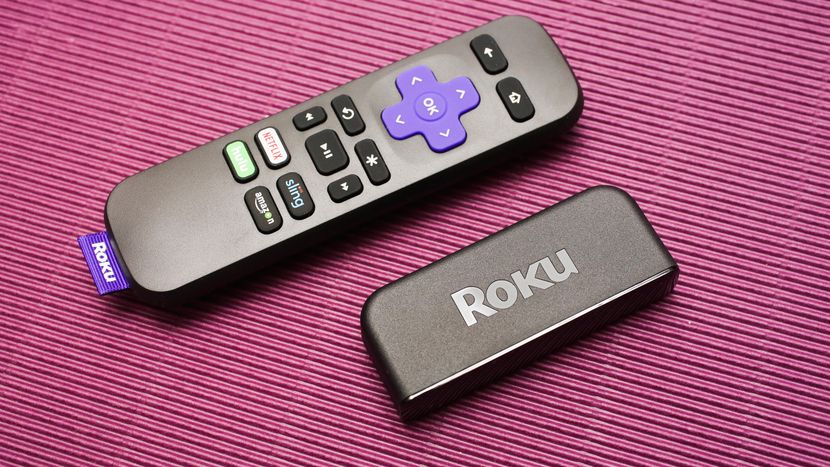
First, I apologize for being incommunicado these past many months, but – you know – life interferes sometimes. That being said…
I read this article this summer and have been wanting to comment on it based on a long-standing prediction I’ve had about the place of Roku in the streaming entertainment universe. Roku is akin to Amazon Fire and Google Chromecast in its ability to access the world of OTT (Over The Top) streaming entertainment, offering a simple installation at a reasonable price, especially when compared to traditional cable packages. This may account for the increase in the number of so-called “cord cutters” that are causing tumult in the cable industry.
I’ve been expecting Roku to eventually join the ranks of Amazon and Google in providing their own proprietary entertainment programming, so as to increase its leverage over competitors. Of course, it now has the benefit of being a non-threatening provider of access to channels like Amazon Prime, Google TV, Netflix, Hulu, and others, but it would certainly be an enticement if there were programs that you could only get from Roku. And with the addition of terrestrial and cable broadcasters to the streaming universe, it is beginning to look a lot like the old “ala carte” future we were anticipating so many years ago. Before long, our entertainment programming costs may rival that of cable subscriptions, but with the difference being that you select what’s in the package.
So, again I reiterate my prediction that Roku will enter the ranks of streaming companies, as opposed to simply being a streaming enabler. Yes, you can get a Roku that will allow you to access the wide range of streaming entertainment providers, but I sincerely believe that the lure of being a producer will be too strong that Roku will have to begin producing its own content. It’s either that or become a acquisition target of a better-financed streaming/media company.
Hello, Disney or Sony?



